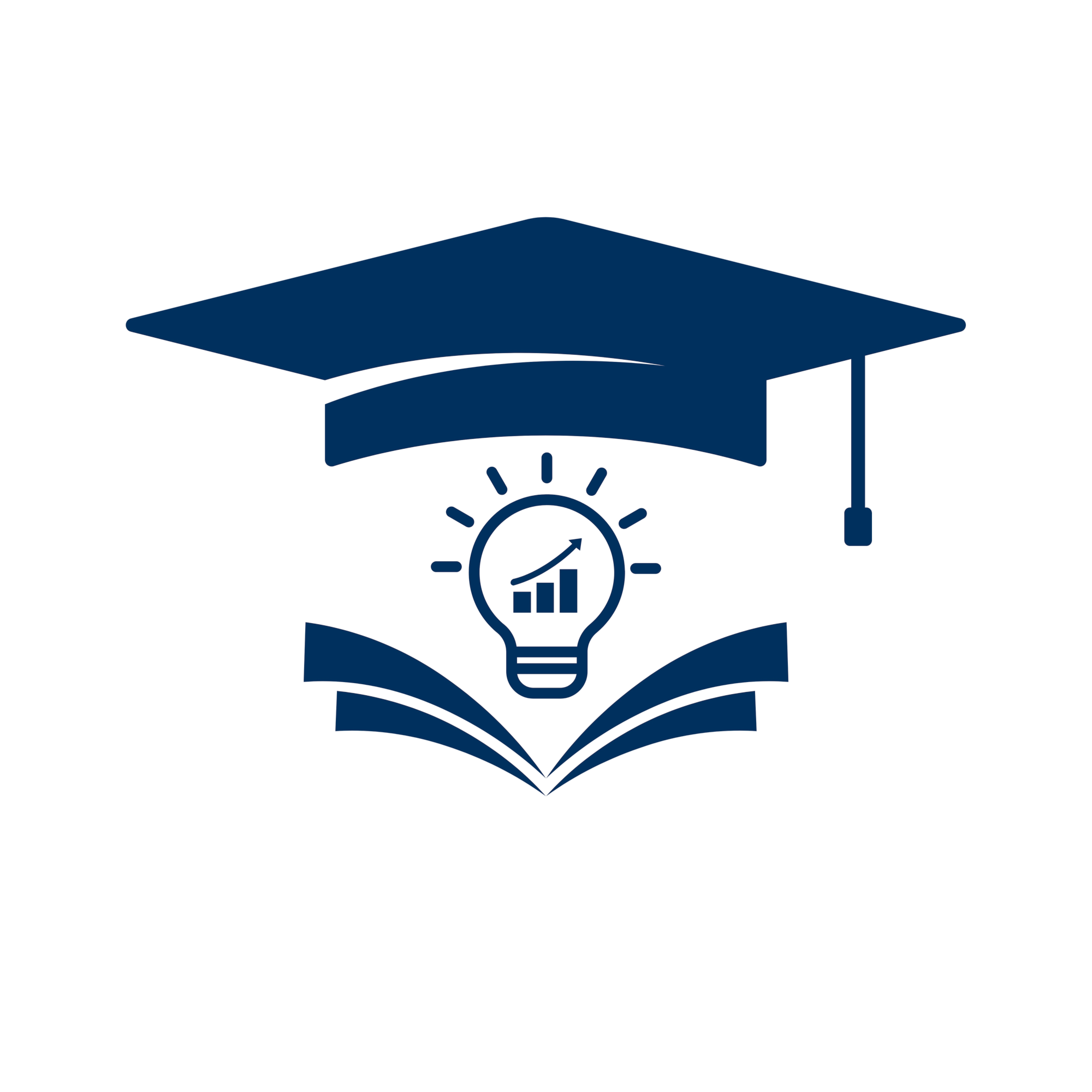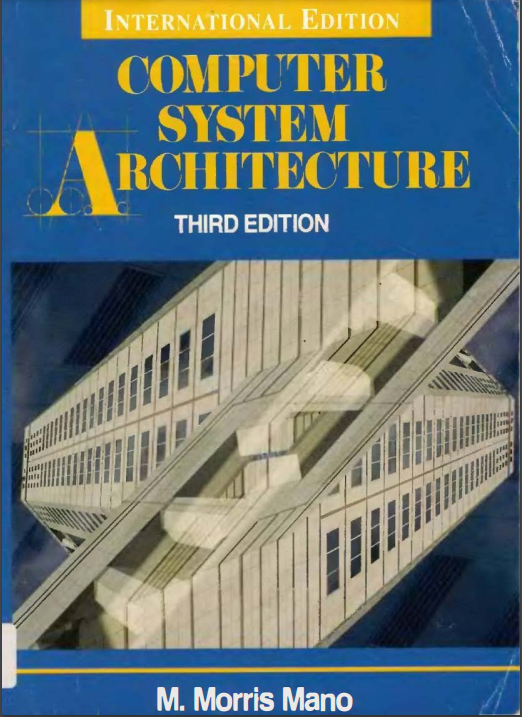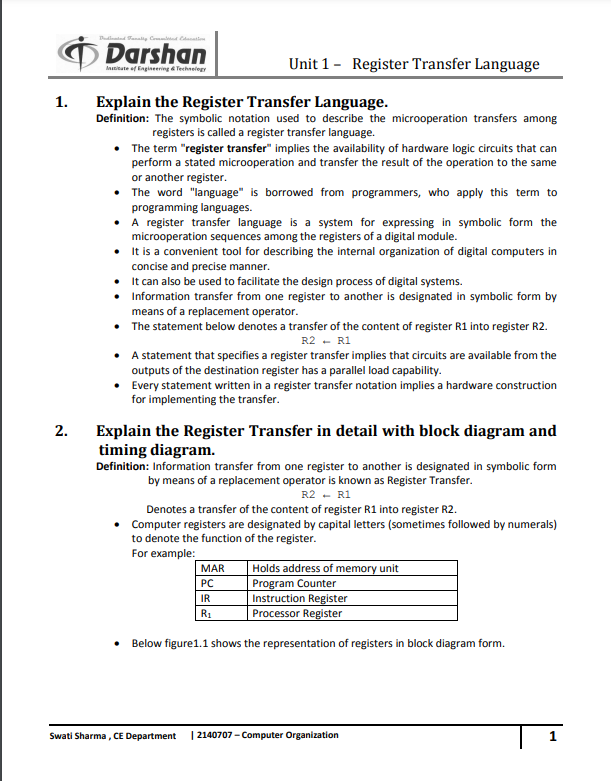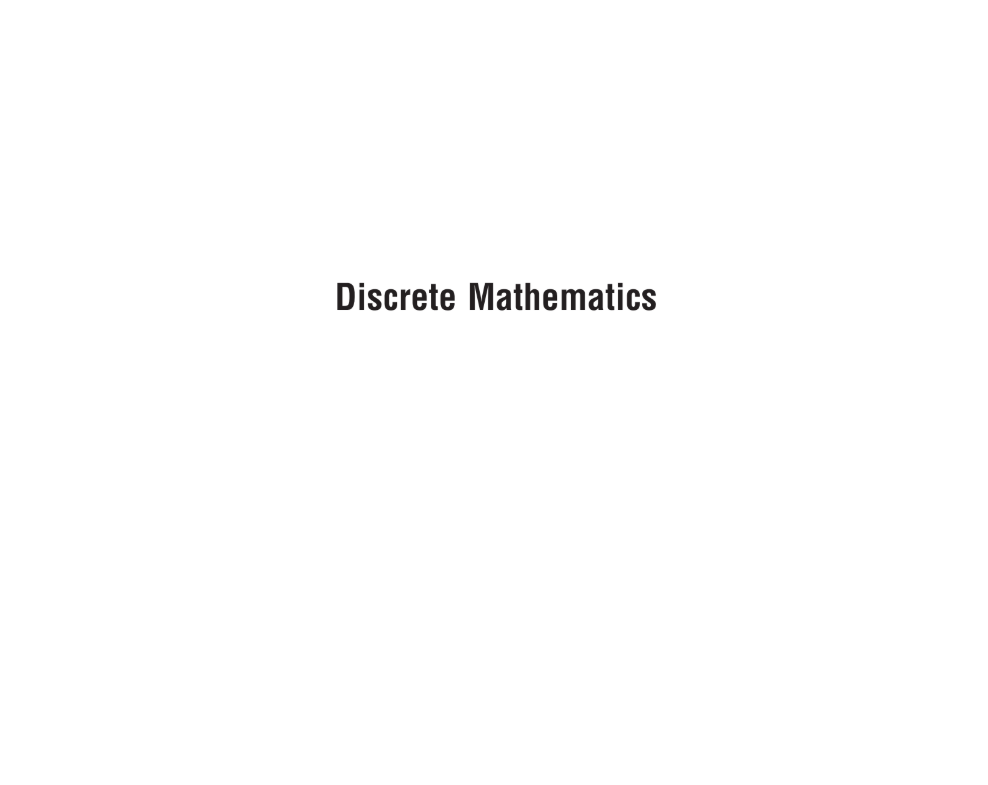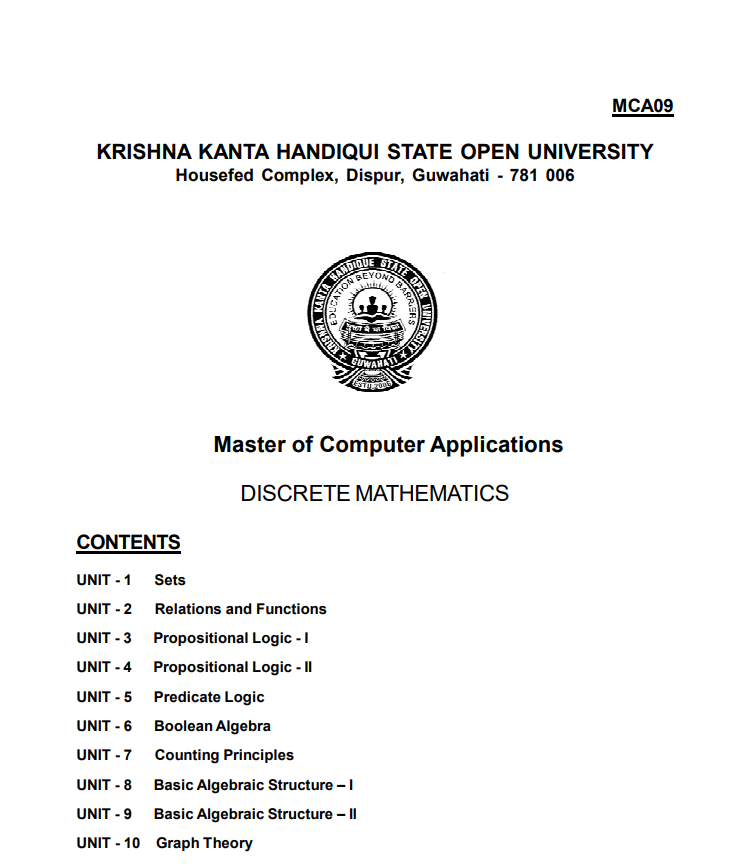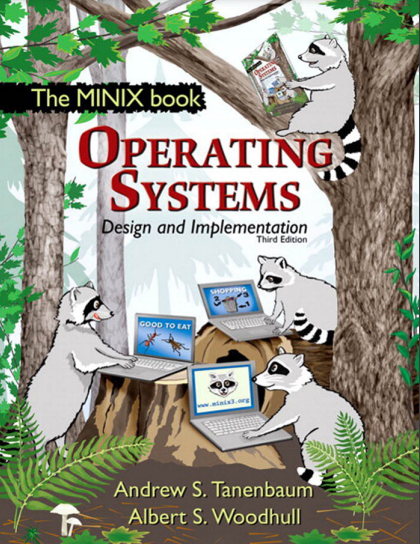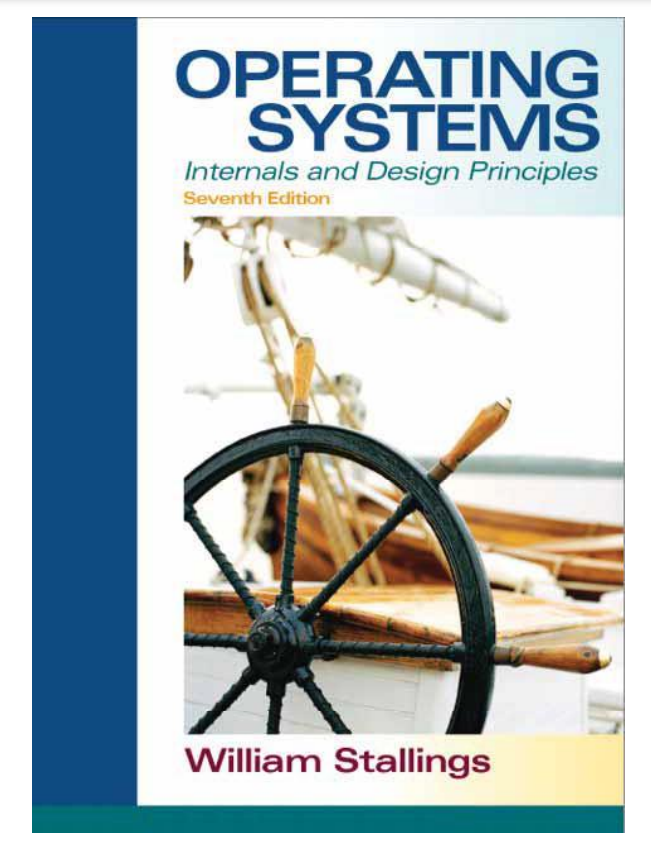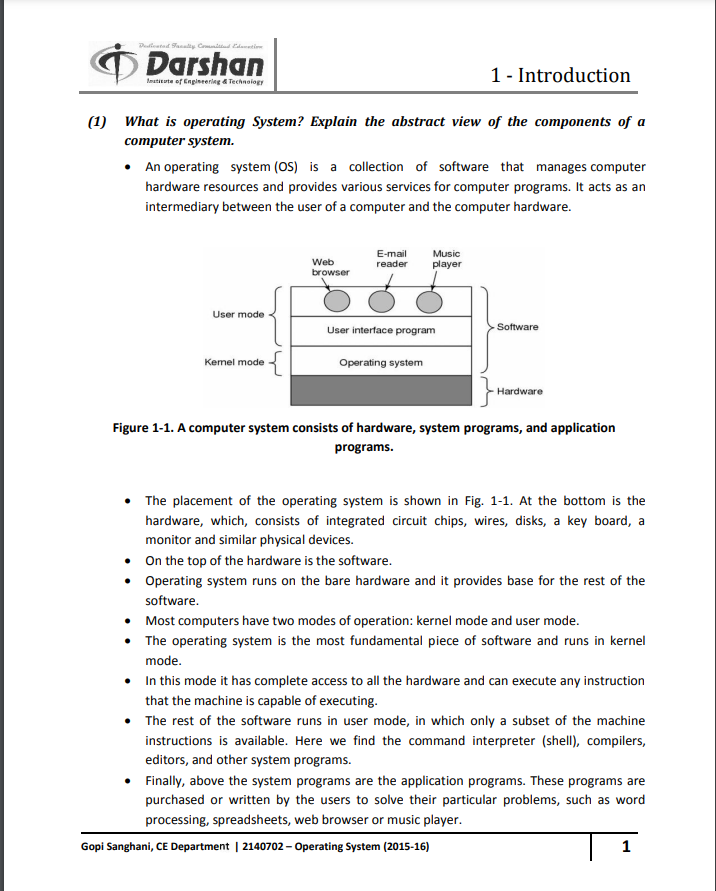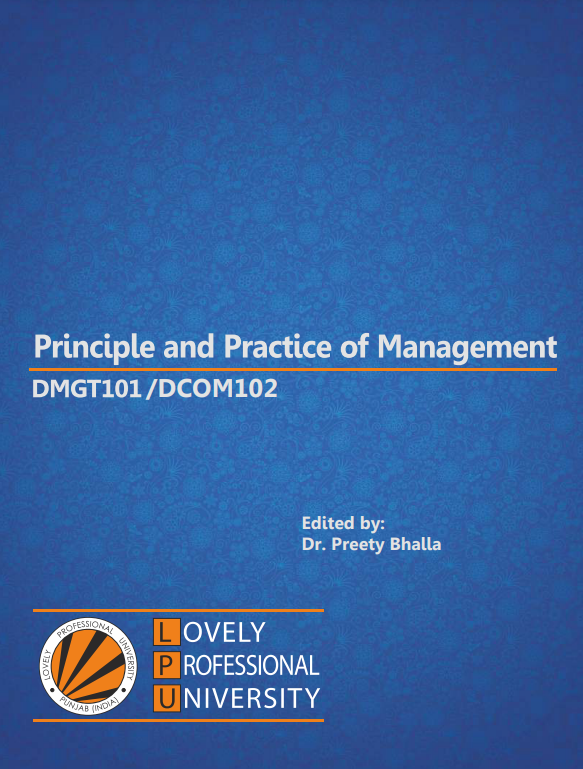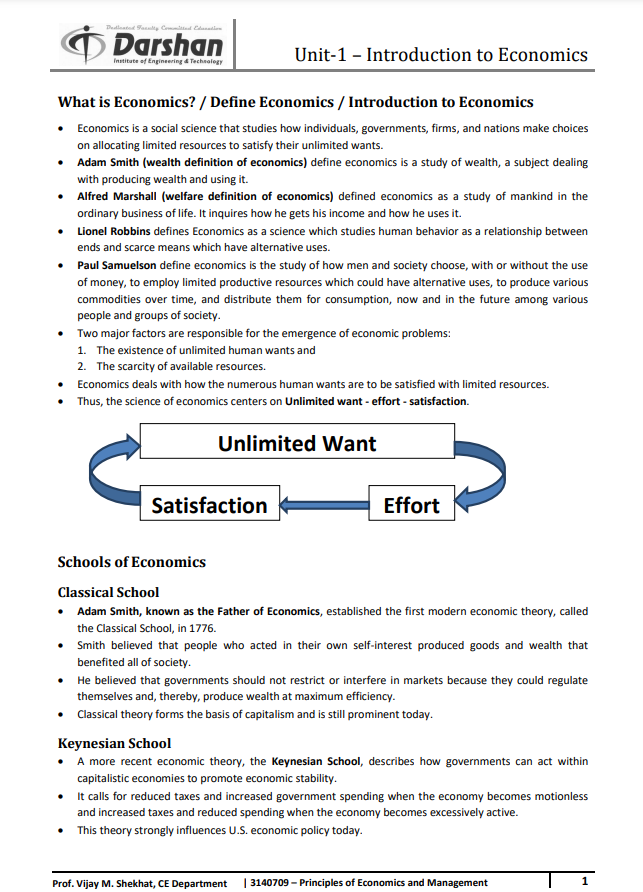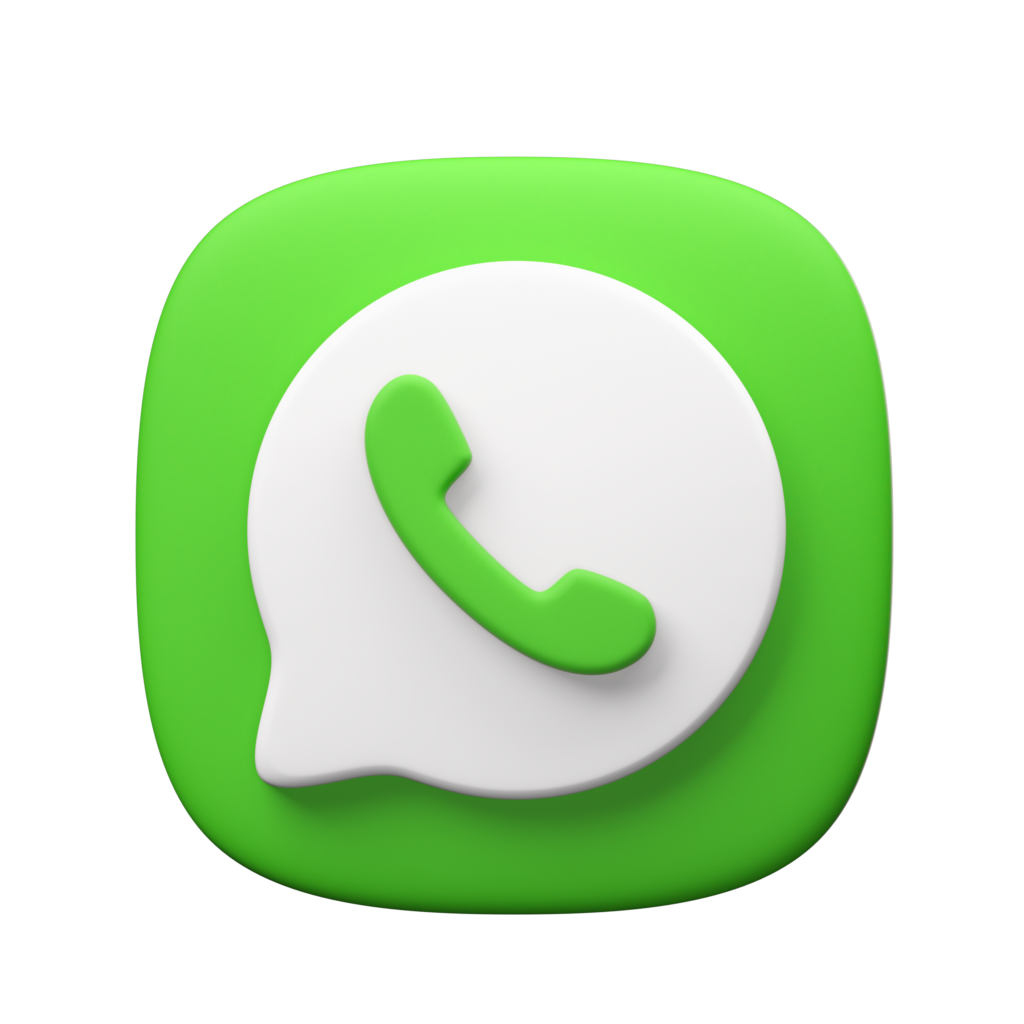INFORMATION TECHNOLOGY SEM 4 MATERIAL AND BOOKS
COA(Computer Organization & Architecture)
DISCREATE MATHS
OOP( Object Oriented Programming -I)
0S( Operating System)
PEM( Principles of Economics and Management)
GTU Information Technology Sem 4 Material and Books
If you’re pursuing a Bachelor’s degree in Information Technology (IT) at Gujarat Technological University (GTU), you’re likely preparing for your Semester 4 exams. With subjects like Design Engineering, Operating Systems, Object-Oriented Programming, Computer Organization & Architecture, Discrete Mathematics, and Principles of Economics and Management, it’s essential to have access to the right study material and books. This guide will provide a comprehensive list of resources to help you succeed in your exams and provide actionable insights to enhance your preparation.
Why is GTU Information Technology Sem 4 Material Important?
Before diving into the list of materials and books, it’s crucial to understand why having the right study resources is essential for your success in GTU’s Semester 4 exams.
- Better Understanding of Topics: Proper study material clarifies complex topics like Operating Systems and Computer Organization and architecture.
- Time-Saving: With the right material, you can focus on important topics rather than wasting time searching for information.
- Increased Confidence: Knowing that you have the right resources can increase your confidence before the exams.
Top GTU Information Technology Sem 4 material and books
- Design Engineering
Design Engineering focuses on creating innovative solutions to problems through design principles. For a solid foundation in this subject, the following books are recommended:
- “Engineering Design” by George E. Dieter: A comprehensive book for understanding the fundamentals of design.
- “Introduction to Engineering Design” by Robert L. Mott: This book offers practical insights into the design process and application.
- Operating System
The Operating System course deals with the management of computer hardware and software resources. Key textbooks include:
- “Operating System Concepts” by Abraham Silberschatz: This is a widely recommended book for learning core OS concepts.
- “Modern Operating Systems” by Andrew S. Tanenbaum: A must-have book for an in-depth understanding of operating systems.
- Object-Oriented Programming – I
Object-Oriented Programming (OOP) forms the backbone of modern software development. To master the subject, refer to:
- “Object-Oriented Programming in C++” by Robert Lafore: This book explains OOP concepts in a clear and concise manner.
- “C++ Programming Language” by Bjarne Stroustrup: Written by the creator of C++, this book offers advanced topics in OOP.
- Computer Organization & Architecture
Understanding the architecture of computers is vital for IT professionals. The following books will help you gain in-depth knowledge:
- “Computer Organization and Architecture” by William Stallings: A detailed guide to computer architecture, including hardware and software integration.
- “Computer Architecture: A Quantitative Approach” by John L. Hennessy and David A. Patterson: A deeper dive into computer architecture and performance optimization.
- Discrete Mathematics
Discrete Mathematics is crucial for problem-solving in computer science. Recommended textbooks include:
- “Discrete Mathematics and Its Applications” by Kenneth H. Rosen: A fundamental book that covers all the necessary topics.
- “Discrete Mathematics with Applications” by Susanna S. Epp: A highly recommended book for those looking to strengthen their mathematical foundation.
- Principles of Economics and Management
Understanding the basics of economics and management is essential for any IT professional. The following books can help:
- “Principles of Economics” by N. Gregory Mankiw: A comprehensive introduction to economics.
- “Management: Principles and Practices” by Tripathi and Reddy: A solid resource for understanding management principles.
How to Use These Materials Effectively?
To maximize the benefits of these study materials, consider the following tips:
- Start Early
The sooner you start preparing, the more time you’ll have to understand complex concepts. Begin with the topics you find most challenging.
- Take Notes
Taking notes while studying helps reinforce key concepts. Focus on writing down important definitions, formulas, and examples.
- Solve Past Papers
Solving previous years’ question papers gives you a feel for the exam format and helps you identify important topics.
- Use Online Resources
In addition to the textbooks, utilize online resources such as YouTube tutorials, darshan material , online forums, and GTU-specific study websites to deepen your understanding.
Conclusion
GTU Semester 4 exams can be challenging, but with the right resources, you can ensure that you are well-prepared. The information and technology sem 4 material listed above will provide a solid foundation in your core subjects like Design Engineering, Operating Systems, Object-Oriented Programming, and more. Stay consistent with your studies, and make the most of these resources to achieve success.
Disclaimer
This article includes study materials and books that have been carefully curated from multiple sources. Some content has been sourced from other websites for the purpose of providing comprehensive study resources. While every effort has been made to ensure the accuracy and authenticity of the information, readers are advised to cross-check the content with official resources and textbooks for the most up-to-date and accurate information.
Additionally, the content on this website may contain links to third-party sites, and we are not responsible for the accuracy, content, or privacy practices of these external sites. Please refer to the respective websites for further details.
